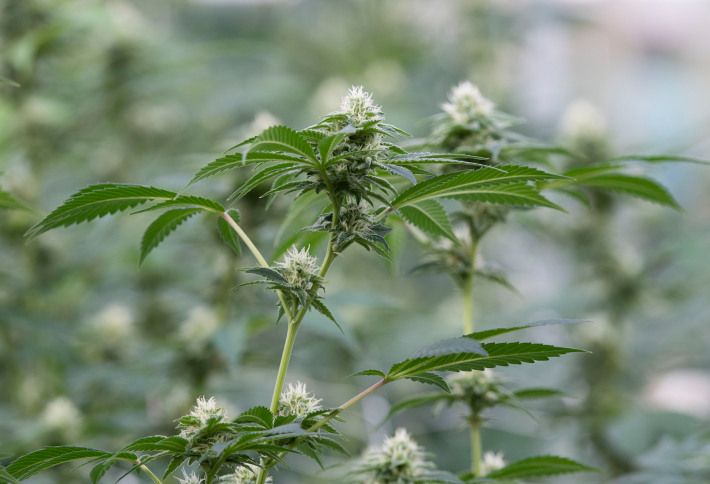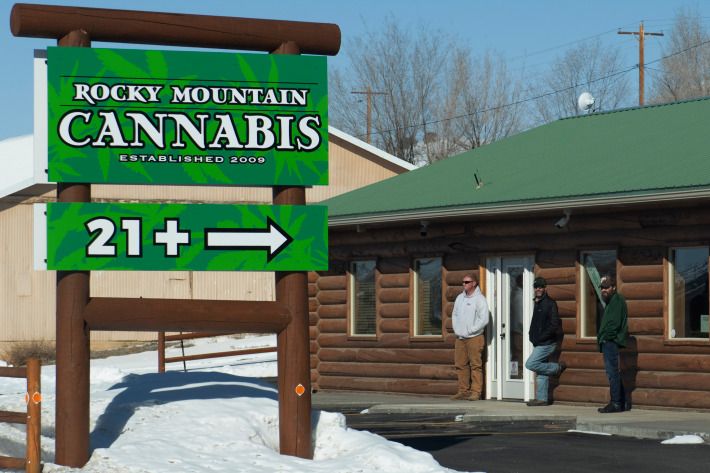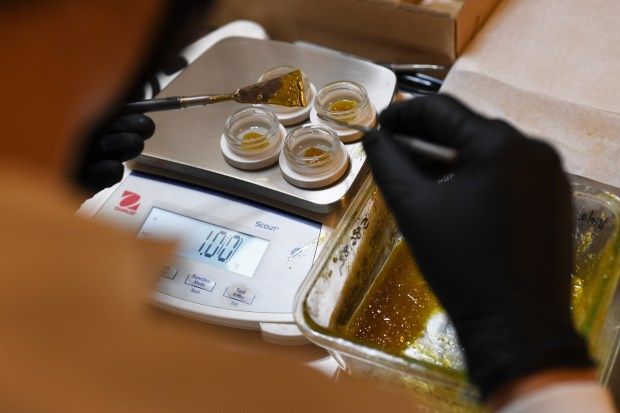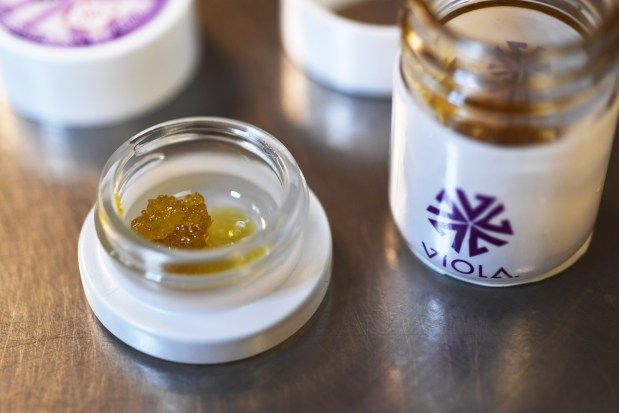Colorado To Start Pardons For Cannabis Convictions
On Monday, Governor Jared Polis signed a bill to begin the pardoning process for those with cannabis convictions.
Finally, cannabis conviction pardons are coming to Colorado, one of the first states to fully legalize the plant. Colorado has long been under scrutiny for having a mostly white industry, but now, that may change.
This past Monday, Governor Jared Polis signed a bill to mass-pardon those with minor convictions. This bill, known as House Bill 1424, passed on the last day of the legislative session, just in time to be made into law in 2020. As of yet, there isn’t a lot of detail on what pardoning will look like, but in 90 days, the pardons are set to start rolling out according to the governor.
The power to pardon convictions is going to lie with Polis only, and he will be able to mass-pardon those who were convicted of possessing two ounces of cannabis or less. This will be a lot more expedient than trying to take care of them on an individual basis, and is similar to the process other states are using.
“For decades now, the Black community has been disproportionately criminalized because of marijuana while others have profited,” Rep. James Coleman, who supported the bill, told the Denver Post. “We have needed to act on this injustice for decades.”
Clearing The Way Towards Social Equity
In addition to clearing past convictions, the bill aims to make the cannabis industry more accessible for people unfairly impacted by the war on drugs, such as people of color and those whose past cannabis convictions have kept them out of the industry. Now, more people will be able to get licenses and become active in Colorado Cannabis.
“There’s too many people that have a prior conviction for personal amounts of cannabis fully legal today that prevent them from getting loans, from getting leases, from raising capital, from getting licenses, from getting jobs, from getting mortgages, and that’s wrong,” Polis said at the official signing of the bill, which took place at Simply Pure, a black-owned dispensary in Denver. “We hope that this measure will be a first step for new opportunities for thousands of Coloradans who should not be living with a cloud over their head simply because they were a little bit ahead of their time.”
This move was also supported by the Black Cannabis Equity Initiative and the Colorado Black Round Table, groups that have long since called for reform. Both groups wrote a letter to Polis asking him to release cannabis prisoners before the signing and get rid of low-level convictions.
“This Pardon and Expungement are not the face of social equity in Colorado, however, they are important action steps in recognizing and acknowledging systemic and institutional racism as well as the past barriers and significant omissions in the evolution and history of the Colorado cannabis industry,” their letter said.
Ninety days from now we can expect to see cannabis convictions clearing as Polis begins pardoning folks across the state.
On Monday, Governor Jared Polis signed a bill to begin the pardoning process for those with cannabis convictions.
Finally, cannabis conviction pardons are coming to Colorado, one of the first states to fully legalize the plant. Colorado has long been under scrutiny for having a mostly white industry, but now, that may change.
This past Monday, Governor Jared Polis signed a bill to mass-pardon those with minor convictions. This bill, known as House Bill 1424, passed on the last day of the legislative session, just in time to be made into law in 2020. As of yet, there isn’t a lot of detail on what pardoning will look like, but in 90 days, the pardons are set to start rolling out according to the governor.
The power to pardon convictions is going to lie with Polis only, and he will be able to mass-pardon those who were convicted of possessing two ounces of cannabis or less. This will be a lot more expedient than trying to take care of them on an individual basis, and is similar to the process other states are using.
“For decades now, the Black community has been disproportionately criminalized because of marijuana while others have profited,” Rep. James Coleman, who supported the bill, told the Denver Post. “We have needed to act on this injustice for decades.”
Clearing The Way Towards Social Equity
In addition to clearing past convictions, the bill aims to make the cannabis industry more accessible for people unfairly impacted by the war on drugs, such as people of color and those whose past cannabis convictions have kept them out of the industry. Now, more people will be able to get licenses and become active in Colorado Cannabis.
“There’s too many people that have a prior conviction for personal amounts of cannabis fully legal today that prevent them from getting loans, from getting leases, from raising capital, from getting licenses, from getting jobs, from getting mortgages, and that’s wrong,” Polis said at the official signing of the bill, which took place at Simply Pure, a black-owned dispensary in Denver. “We hope that this measure will be a first step for new opportunities for thousands of Coloradans who should not be living with a cloud over their head simply because they were a little bit ahead of their time.”
This move was also supported by the Black Cannabis Equity Initiative and the Colorado Black Round Table, groups that have long since called for reform. Both groups wrote a letter to Polis asking him to release cannabis prisoners before the signing and get rid of low-level convictions.
“This Pardon and Expungement are not the face of social equity in Colorado, however, they are important action steps in recognizing and acknowledging systemic and institutional racism as well as the past barriers and significant omissions in the evolution and history of the Colorado cannabis industry,” their letter said.
Ninety days from now we can expect to see cannabis convictions clearing as Polis begins pardoning folks across the state.






